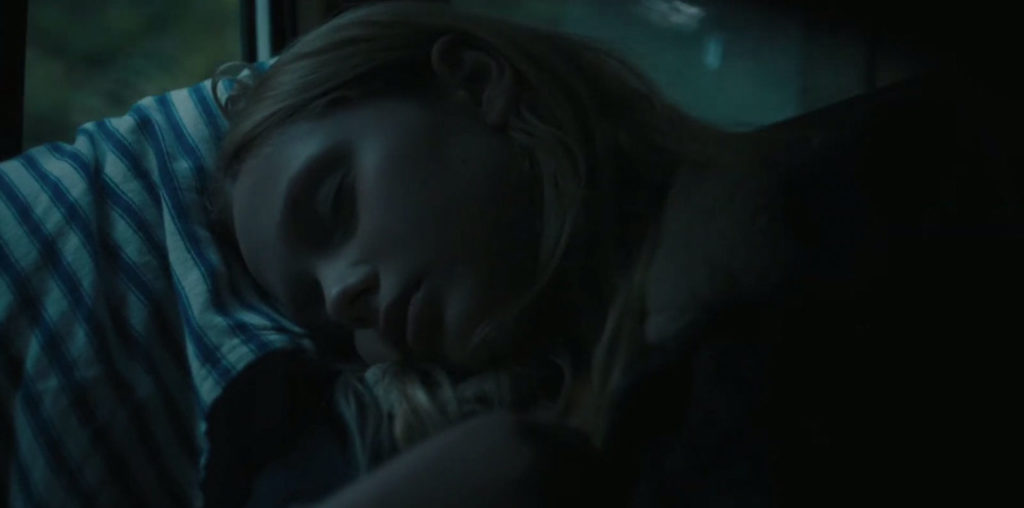
African cinema is a vibrant source of original, challenging and charming productions, yet relatively few African titles find their way to American audiences. “Divine Carcasse,” from Benin in West Africa, is helmed by Belgian filmmaker Dominique Loreau but is truly African in its scope, speed and soul. It is also one of the most delightful endeavors to arrive on screen this year.
“Divine Carcasse” focuses on the life of a 1955 Peugot, which is carefully off-loaded from a freighter docked at the Benin capital of Cotonou. The prized auto is the possession of Simon, a European development worker who lives a sheltered and, by local standards, luxurious existence. The Peugot’s ownership is later transferred to Joseph, Simon’s enterprising cook, who turns the car into an illegal taxi. However, the car’s age soon catches up with it and breakdowns become more frequent.
Eventually, the local mechanics can no longer resurrect the car and after its final collapse it is abandoned by the side of the road. However, a sculptor discovers the dead Peugot and gives it new life by dismantling its structure and recreating it as a statue of Agbo, a god of night watchmen. The Peugot-Agbo is taken by canoe to a distant village where it revered and appreciated.
“Divine Carcasse” is a wonderfully subtle celebration of Benin’s culture, offering wise yet quiet commentary on a wealth of levels. The age and make of the Peugot is, of course, meant to reflect on the final glory years of European colonialism in Africa, which began its inevitable decay in the late 1950s as the African people pushed off the colonial occupation to claim freedom and self-determination. It is not surprising that Simon would rather drive a car that recalls the halcyon days of French colonialism as opposed to a new, sleek car from the US or Japan–some people love to live in the past.
Later in the film, there is a sublime sequence that traces the progress of Joseph’s illegal taxi service. This is presented by a montage of passengers being ferried about; people of all shapes, classes and destinations ride patiently and silently through Cotonou’s dusty streets, their faces offering a mosaic of the obvious and the enigmatic. Equally wonderful is the presentation of community support of Joseph’s village, who cheerfully share in his good fortune of gaining the used car and happily share the burden of pushing it along when it begins to break down.
“Divine Carcasse,” not unlike many African films, moves at a very leisurely pace that some American audiences might find lethargic or worse. For those who are not in a rush and love to seek out something completely different, this happy slice of Benin is a small treasure to cherish.
